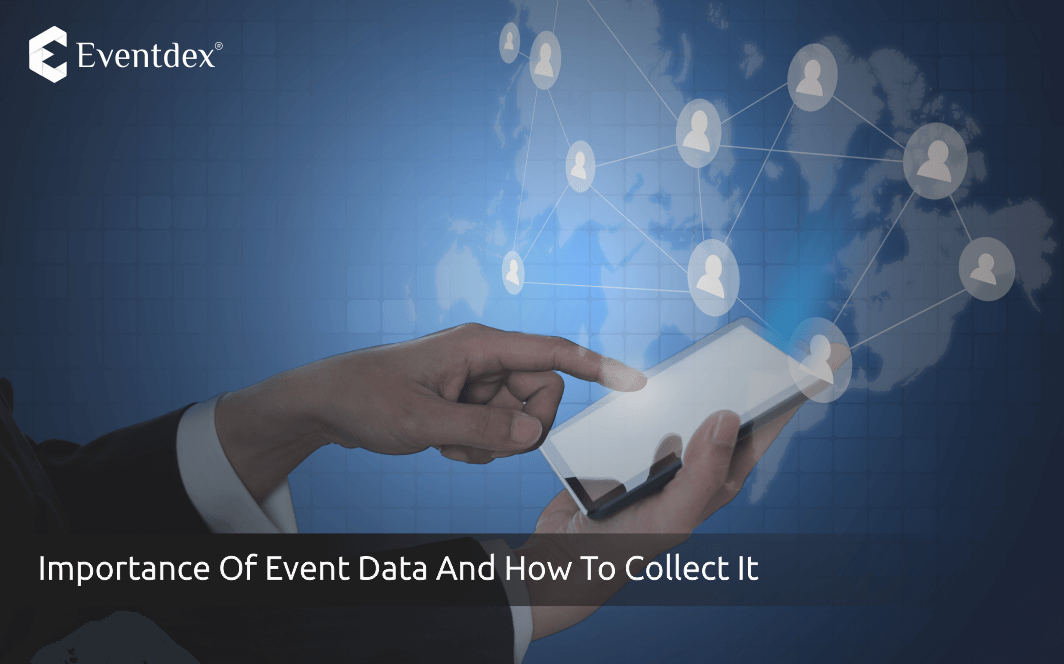
Importance Of Event Data And How To Collect It
Face to face events is an important part of an organization’s marketing budget. Hosting an event to promote your business is a fantastic way of creating brand awareness and connecting with potential customers and partners. Therefore, when hosting events, it is very critical to collect crucial event data, which eventually proves handy for future analysis. Data analytics continues to become an important key to understanding and reaching prospects and consumers, therefore, making it crucial for all organizations to understand. Read this blog to find out the importance of data and how to collect it for future events.
Understand What You Want To Measure
Even before you start planning your event, think about the data you want to collect and track for the success of your event. Whether it’s as simple as the number of people who attended the event, or complicated as attendee satisfaction and an itemized satisfaction rating, every data point can be useful. You need to determine the type of data that will give you and your organization the most useful results. Once you’ve understood and determined the data you want to measure, create a plan to effectively collect this information.
A piece of advice: It is a good practice to collect data before, during and after your event. Build an email, survey or social media post before the event, so that you can send it immediately after your event is over. You can change the method of collecting data so that it doesn’t become monotonous for your attendees. Figure out which platform works best for you and the methods that allow you to effectively collect the data you think is most valuable for your organization.
How to Effectively Gather the Event Data
There are several ways to effectively collect data. For simplicity, we’ve broken down the process by the stages of an event: pre, during and post-event.
Pre-event
Generally, it is a good practice to keep track of the number of people who are invited to the event. Later you should compare this data with the number of people who actually attended your event. For people who did not turn up to your event, send out a survey asking them the reason why they did not come. Providing specific answers like “scheduling issues” or “I wasn’t interested”, along with open-ended questions can surely help you analyze what can be relevant to the potential attendee for future events.
Another data point to track before the event is how people are finding out about your event. You can create a survey email or provide one on social media to the people who have registered for your event. Whether it is through your website, or an email, a digital ad copy or social media, it is vital to know the source so that you can hone your marketing concentrations in the future.
During event
Social media is a quick and easy way to gather information from your attendees during the event. Use hashtags and encourage your attendees to share posts using the hashtag. This way you can see how many attendees posted using the hashtag and how many engagements it got.
If you have a little extra budget and multi-session event, then you can also use RFID technology to understand which session was the most popular. You can then use it to craft content for your future events. Similarly, mobile event apps can also help you track crucial event data and help you measure engagement and popularity of different sessions.
Post Event
Once your event is over, you should send another survey to understand the success of the event. Make sure to ask specific questions in your survey to know what was impressive and what wasn’t. In other words, be as specific as you can. The specific the question; the better the feedback. Create questions that can help you answer critical questions pertaining to your organization.
Conclusion
These were some of the ways of collecting event data. This is a great start if you are new to event data and are wondering how to collect it. Of course, the type of information to collect and use will depend upon the industry you are in and the information you’d need to market your business most efficiently. The data you collect can indicate how your business or brand is perceived by the public and how effective your marketing strategy really is. As you become a pro in collecting event data, you’d realize how effectively you can meet your future event objective.
